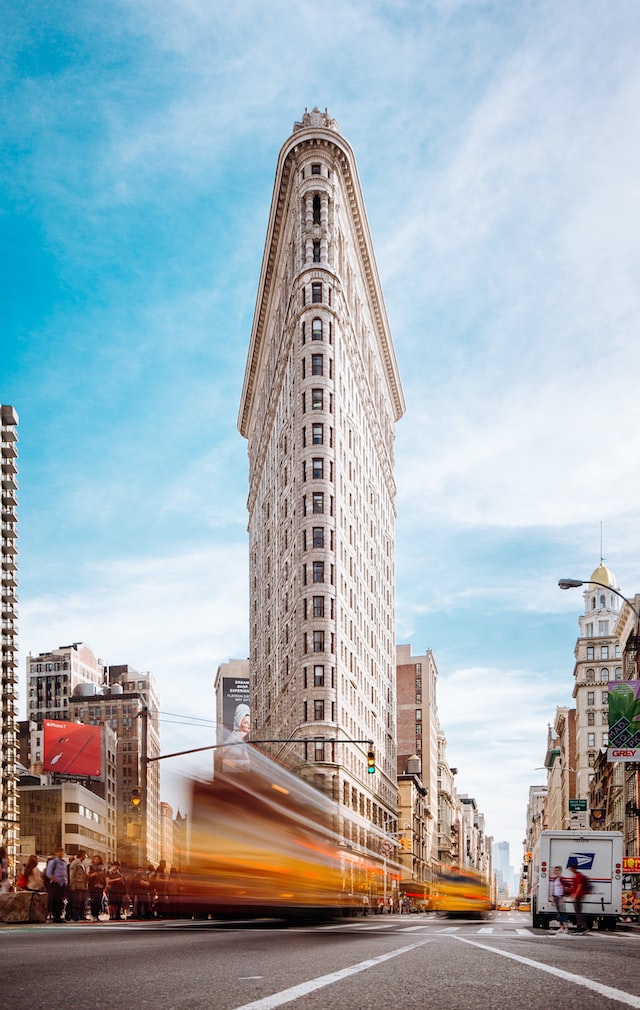If there is a question that Eurovision professionals and lovers asked themselves in the days prior to the start of the festival, apart from the obvious unknown about this year’s winner, it was what has led those responsible to establish this musical macro-event in a city of unknown attractions. Faced with a tradition established in Eurovision in recent years, whereby the venue of the festival fell to the capital of the host country, with few exceptions, Germany has exercised its desire to decentralize, granting the organization of the event to a great unknown to Europe, Düsseldorf.
Faced with a tradition established in Eurovision in recent years, whereby the venue of the festival fell to the capital of the host country, with few exceptions, Germany has exercised its desire to decentralize, granting the organization of the event to a great unknown to Europe, Düsseldorf.
A priori, it might seem that the capital of the state of North Rhine-Westphalia did not carry the best cards, given that it was competing for the seat with modern and cosmopolitan Berlin; also with Hamburg, the second city of the country, with its great fluvial port; and, finally, with Hannover, the garden-city, experienced in the organization of fairs.
What is there in Düsseldorf for this city in western Germany and with just 600,000 inhabitants to become the economic and advertising bombshell of Eurovision?
If we listen to the words of the director of the German public television NDR, Lutz Marmor, the main reason for choosing him lies in the Düsseldorf Arena, an impressive sports complex capable of hosting up to 35,000 people, with acoustics proven in large concerts, as well as its well-established infrastructure in the field of communication media.
The Düsseldorf airport, an incentive for Eurovision
- As Marmor says, his proposal is worthy of the “twelve points” if we add to this its airport, connected to most of the international airports in Europe, and its geographical location, in the so-called Ruhr Basin, very close to the border with Belgium and the Netherlands, in a population area comprising 10 million people.
- In addition, Düsseldorf is known in the country as the city of the German fashion industry, advertising and is home to media such as the WDR, in the Medienhafen marina, where one of its main symbols is also located, the television tower -about 240 meters high, eight meters higher than the well-known “pirulí” of Torrespaña in Madrid-.
- The Medienhafen, with its modern buildings on the banks of the Rhine, is also a point of interest for lovers of new architecture, with an ensemble created by the famous Frank Gehry, among others.
- The gossips also say that it is “posh”, which from the cold data, more politically correct, means that Eurovision is being held this year in the sixth city in the world in terms of quality of life, according to the index prepared by the consulting firm Mercer, behind only Vienna, Zurich and Geneva in Europe.
- Its opulence is evident in one of its most famous avenues, the Königsallee or Paseo del Rey, where the most important firms in the fashion world roam freely. There is also Zara, well it is well known that Amancio Ortega, its founder, has a nose for locating his stores sheltered from the most exclusive firms.
- As if that were not enough, the old part of the city, Altstadt, boasts of serving good beer in “the longest bar in the world”, since it has more than 250 pubs and restaurants, and, as a good neighbor of Cologne and its carnival, everything takes place in a “gay-friendly” environment.
